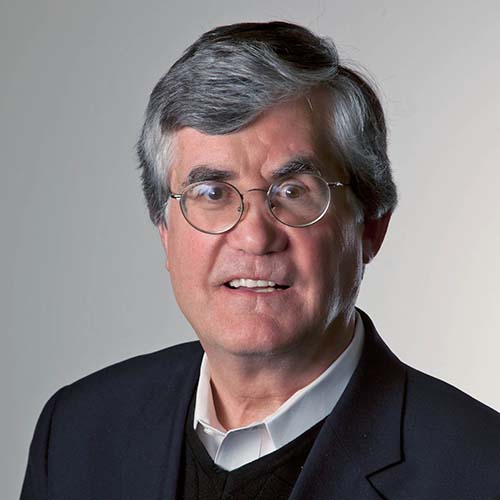Chief Among Our Concerns: Making Civil Justice Reform a National Reality
Dean John T. Broderick, Jr., is the Dean of the University of New Hampshire School of Law. Previously, he was Chief Justice of the New Hampshire Supreme Court since 2004. Prior to his installation as Chief Justice, he had served as an Associate Justice since 1995. As we launch IAALS Online, he joins three other former Chief Justices in the conversation about IAALS and its initiatives by discussing the work of our Rule One Initiative.
The civil justice system is in danger of becoming irrelevant – both to you and to me as citizens, and even to corporations and other business entities. None of us can afford it. It costs too much, takes too long, and is too uncertain.
This is a problem that demands solutions. Our very existence as a democracy turns on access to courts where the rule of law is applied.
Some of the solutions rest on the buy-side of the equation: we must be able to provide legal services to those who need them. But, other solutions rest on the sell-side of the equation – in the courts themselves.
On that latter point, IAALS, the Institute for the Advancement of the American Legal System, is galvanizing the nation to reexamine the way that civil cases are handed in the courts. They have challenged court administrators, judges, and attorneys to unravel the complexities of the system and figure out simpler, less expensive, and more efficient ways of handling civil cases.
The work began with a partnership between IAALS and the American College of Trial Lawyers, of which I am a Fellow. I participated on the original Civil Justice Task Force, under the distinguished leadership of Paul Saunders of Cravath, Swaine & Moore LLP. IAALS and the Task Force developed and administered a survey of judges and attorneys across the nation which confirmed that – like the general populace – we are dismayed by the price of admission to the civil justice system and are intent upon making the necessary changes to fix it. IAALS and the Task Force called for a period of experimentation through pilot projects, collection and sharing of data from those projects, and ultimately implementing fundamental nation-wide changes informed by that data.
From that auspicious beginning, the civil justice reform movement has taken flight. The Federal Judicial Conference Standing Committee held a watershed conference in May of 2010 called “The Duke Conference” that challenged participants to reexamine the civil justice system and pose solutions to the problems. And, there are now nine pilot projects in state and federal courts across the nation experimenting with solutions. I am proud to report that when I was Chief Justice of the New Hampshire Supreme Court, we implemented one of the first pilot projects in the nation. That project is chugging away, generating data that will assist the nation in arriving at decisions about broader changes.
IAALS houses this work under its Rule One Initiative, which serves to advance empirically informed models to promote greater accessibility, efficiency, and accountability in the civil justice system. IAALS held its third Civil Justice Reform Summit on September 20 and 21, which gathered the leaders from across the country who are struggling with answers to these profoundly important questions about how to rework the system to assure that it provides access to a just, speedy, and inexpensive resolution of disputes.
Through this new online blog, IAALS is opening the conversation more broadly. IAALS Online will serve as the connective tissue binding all of us who are deeply committed to the ideals of an open, accessible, civil justice system that is trusted and trust-worthy. After all, what could possibly be more important?


